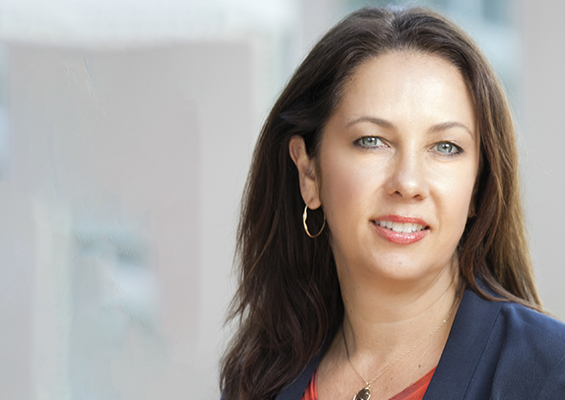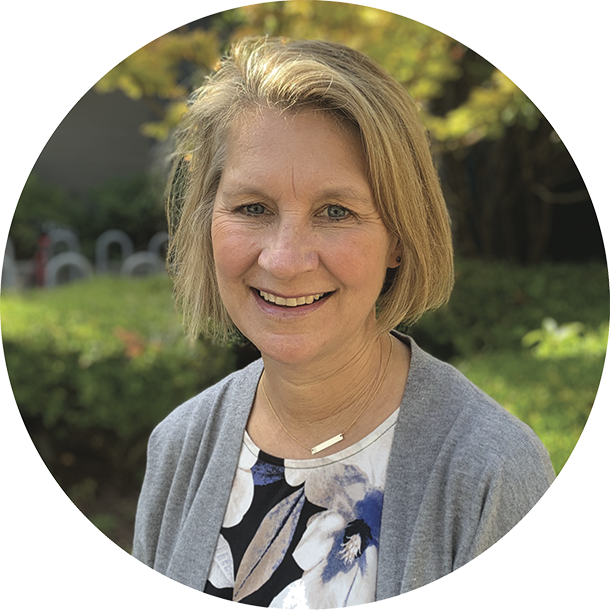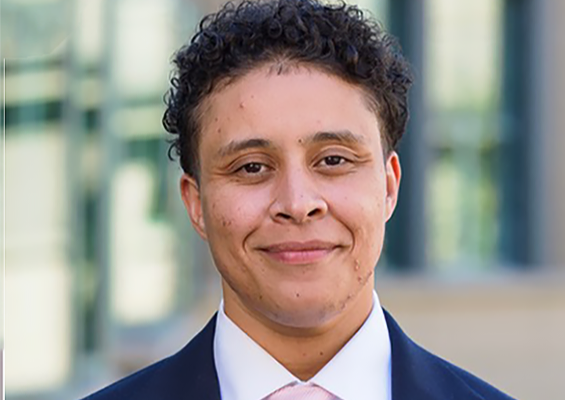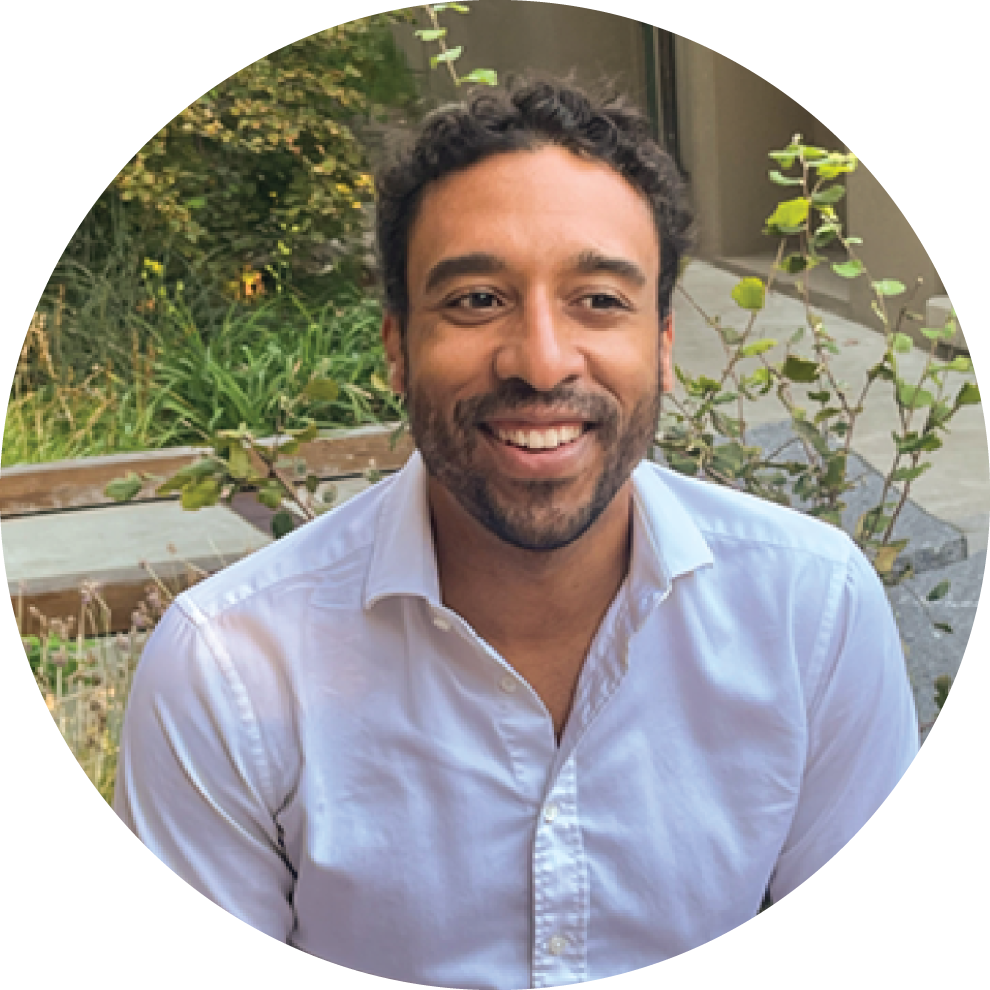Laura Kray wears a lot of hats: She holds the Ned & Carol Spieker Chair in Leadership, chairs the Management of Organizations Group, and is the faculty director of the Center for Equity, Gender & Leadership (EGAL). But it is in the classroom, engaging with students, where she finds both inspiration and insights for her research. Kray teaches Negotiations in the Berkeley MBA for Executives program. Her course, Gender, Equity, and Leadership for the 21st Century, is open to both EMBA and Evening & Weekend MBA students, and is part of the Global Network for Advanced Management (GNAM) program.
How would you describe your teaching style?
It is very interactive and experiential. Before presenting academic theory, students often participate in role-playing simulations by tapping into their default assumptions and beliefs, which may or may not be accurate, as the simulations ultimately reveal.
The role-playing can get intense. I’ve had to remind students that this is only a simulation. That quality makes it exciting and memorable for the students.
Based on their experiences, we then talk about evidence-based practices, research, and the big picture for managing others. I liken the debrief process to being on the balcony looking down at the interactions they just had with fellow students, noting what worked well or hindered their collective problem solving.
Innocent questions asked in the classroom can reveal gaps in the academic sphere."
How do your teaching and research influence each other?
It is bi-directional. Innocent questions asked in the classroom can reveal gaps in the academic sphere. I respect my students so much for asking those questions.
For example, early on in my career, a female MBA student asked what difference gender made in a negotiation. I had no answer because gender wasn’t part of the academic “zeitgeist” at the time. But I took her question to a senior colleague—a real expert on negotiations—and asked him how he would have replied. He told me he would have told her, “That is not an interesting question.”
That got me thinking that there might be a blind spot in the academic literature. Twenty years later, I’m still working on gender and negotiations, and other topics relevant to women’s success in male-dominated spheres.
You are the faculty director for the Center for Equity, Gender & Leadership. Tell us about EGAL.
There’s so much demand, and need, to find solutions to inequities that persist in society. The Center generates new knowledge, a cornerstone of the Berkeley Haas mission, and also supports and educates students and the business community by translating research into action.
In my role, I enable faculty and students to pursue research that pushes past the mainstream. For example, an advisor might not be supportive of a thesis exploring how gender or race influence a given situation. EGAL is there to legitimate these ideas, to provide financial and institutional support, and to create a community of scholars exploring gender, equity, and inclusion.
Your op-ed “The Pay Gap Starts with a Responsibility Gap” ran in the Wall Street Journal in October 2021. Tell us about that research.
My co-author, Margaret Lee, was EGAL’s inaugural research postdoctoral fellow. With the help of the Dean’s Office, Development & Alumni Relations, and the Career Management Group, we created a data set that showed us how graduates’ careers unfolded. We had data that men typically had more direct reports, even when they had the same title and were at the same level in the organization as women. More direct reports translated to higher salaries for the men. We also did experimental research, using Berkeley’s XLab and Behavioral Lab, that revealed people were more comfortable with men leading larger groups, and they said large-team leaders deserve higher salaries.
In publishing this piece, we hope to raise awareness about how subtle biases associated men with larger teams and women with smaller teams can produce substantial differences in compensation over time. Hopefully, it gives MBAs one more thing to negotiate in their next job—a staff size substantial enough to accomplish important work to justify being highly remunerated.
What is the new course you will be teaching in Fall 2022?
I will be co-teaching Business Communications in Diverse Environments with Cameron Anderson, Dana Carney, and Sameer Srivastava. It is a new core course and is part of our ongoing curriculum reform. The course brings skills we have previously addressed in electives like Negotiations and Power & Politics front and center into the core.
We consulted with alumni, asking them “Looking back, what would have been useful to you in the core curriculum?” The topic of instruction in having difficult conversations came up often, which is relevant to issues of social justice we all are dealing with. People need skills around effective communication in the face of micro-aggression, inter-group conflict, status and power struggles. People want to understand the skills needed to respond effectively, to express their own views in ways that advance the shared interests of multiple stakeholders.
We are planning the course in four modules addressing different levels of interaction: At the individual level, we will look at how we show up at work and what we hide about ourselves. At the one-on-one level, we will deal with micro-aggression, giving challenging feedback, and taking the perspective of others. At the group level, we will explore how to navigate differences of opinion about hot-button issues related to group-based inequities. Finally, we will look at how to be change agents as leaders who can transform an organization by rooting out systemic biases.
The expertise and insight your professors bring helps deepen and enhance your MBA journey. By selecting a top school with top-notch professors, you maximize your experience.
Read more from the Take 5 with a professor series:
- Kellie McElhaney talks equity fluency, courage, and vulnerability
- Lucas Davis shares hardest economic concept for MBA students to grasp
- Jenny Chatman gives three benchmarks of an effective organizational culture
- Jennifer Cohen talks equitable and inclusive leadership
- Clark Kellogg shares how he teaches design thinking, creativity, and innovation
- Dave Rochlin talks flipping the classroom: MBAs learn by doing
- Maura O'Neill says narrow-mindedness is the enemy of innovation
- Bill Pearce says most important trait of a successful marketer is empathy









